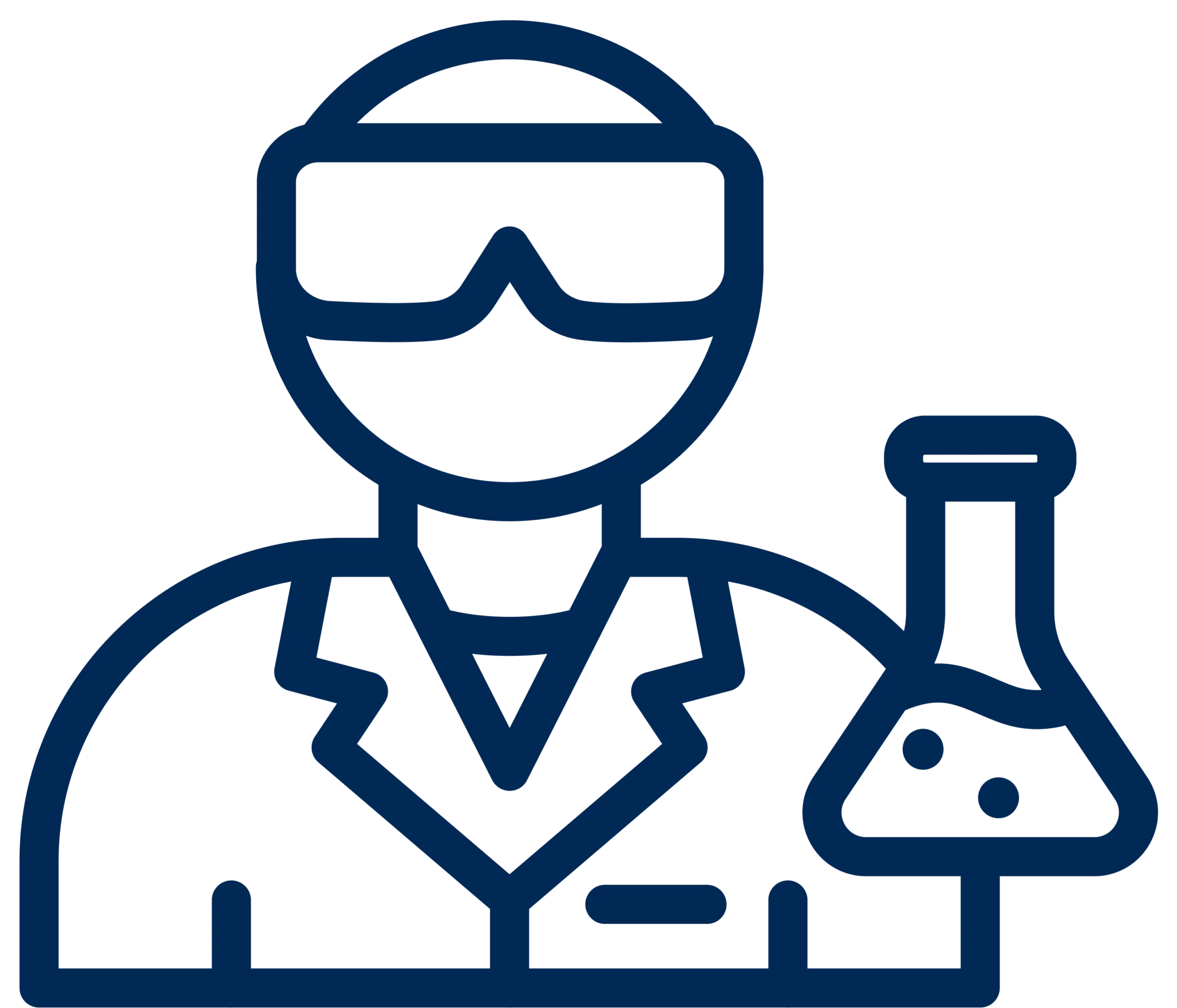
The application period for 2026 grants will run from Oct. 20 to Feb. 23, 2026 at 5 p.m. EST.
The Massachusetts Life Sciences Center (MLSC) seeks to further the development and expansion of life sciences education and training programs offered by post-secondary academic institutions and non-profit organizations through capital investment in industry-aligned certificate and degree programs. The MLSC Post-secondary Education and Training Grants will award funding of up to $500,000 per project for the purchase and installation of life sciences equipment, renovations, lab furniture, materials, supplies, and/or technology that will enable them to effectively prepare students for high-demand career opportunities in the life sciences.
Through this program, the MLSC is particularly seeking to seed, enhance and/or expand training programs that address critical skills and talent supply gaps facing the state’s life science industry. Such programs include those focused on biomanufacturing, data science, and regulatory affairs occupations, among others, and have at least one industry partnership. Furthermore, the MLSC is committed to increasing diversity, equity, and inclusion within the life sciences workforce and will prioritize investment in programs that serve underrepresented populations.
Applicants must be a Massachusetts legally organized not-for-profit college, university, or organization delivering post-secondary life sciences training.
Funding must be requested for equipment, supplies, materials, technology, and/or renovations to support training that prepares students with skills needed for life sciences careers. Programs must have a focus on skills training for high-demand occupations within the life sciences sector, including but not limited to biomanufacturing, regulatory affairs, data science, facilities management, quality control and quality assurance. The “life sciences” are defined in the MLSC’s enabling legislation as “advanced and applied sciences that expand the understanding of human physiology and have the potential to lead to medical advances or therapeutic applications.”
The MLSC is interested in supporting applicants that will further its goal of developing a skilled workforce suitable for employment in the life sciences, particularly in high-demand occupations. Successful proposals will explain how the requested equipment and supplies will create learning opportunities that are aligned with the needs of the life sciences industry.
Please refer to the Solicitation posted in the “Resources” section below for more information.
The application for 2026 grants will be available starting Oct. 20, 2025. The deadline to apply is Feb. 23, 2026 at 5 p.m. EST.


Annual Reports
Grant recipients are required to submit an annual report by June 30th of each year for three (3) consecutive years, with the first report due on June 30th of the first academic/school year during which the equipment purchased through the grant was fully utilized. The reports are to be completed using an online form to be provided by MLSC. Here is a sample of the Annual Report.
Student Surveys
Grant recipients must submit results from a pre- and post-survey to be completed by students using MLSC-funded equipment. Survey examples can be viewed here.
New state-of-the-art facilities outfitted with industry-standard equipment are now available in all regions of Massachusetts following a decade of strategic investment. The MLSC previously awarded over $200 million to 56 colleges and universities to support the construction, renovation, and/or outfitting of life sciences classrooms, labs, and training facilities. More than 140 grants have enabled higher education institutions to train students in first-rate laboratories and provide them with skillsets that meet the needs of their region’s life sciences employers.


enabling higher education institutions to train students in first-rate laboratories.




Olaris is a precision diagnostics company that is on a mission to revolutionize how diseases are diagnosed and treated. By leveraging their CEREBRO platform (Comprehensive Early Responsive Evaluation of Biomarkers Related to Outcomes), which combines metabolomics and machine learning, they are able to harness the power of the body’s own communication system to discover and develop their pipeline of myOLARIS precision diagnostics.
